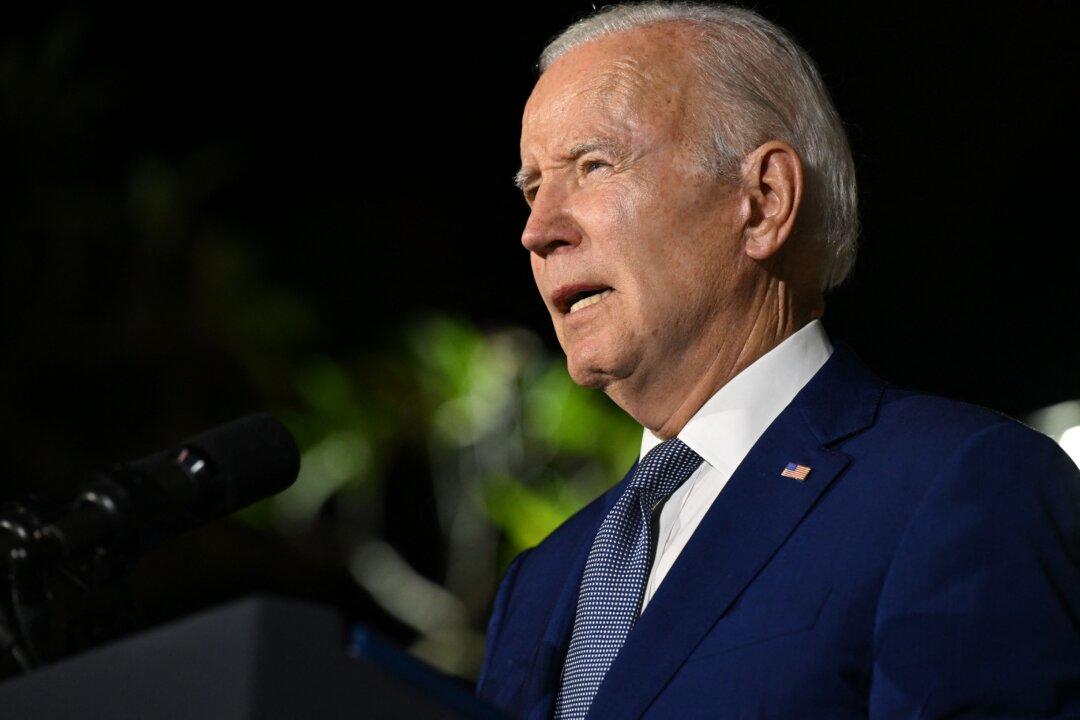President Joe Biden said on Nov. 14 that he had urged China to use its influence to rein in North Korea’s missile launches, or the United States would have to “take certain actions that would be more defensive” in response.
Biden made the remarks following his meeting with Chinese leader Xi Jinping on the sidelines of the Group of 20 summit in Indonesia on Monday, the duo’s first in-person meeting since Biden took office last year.





